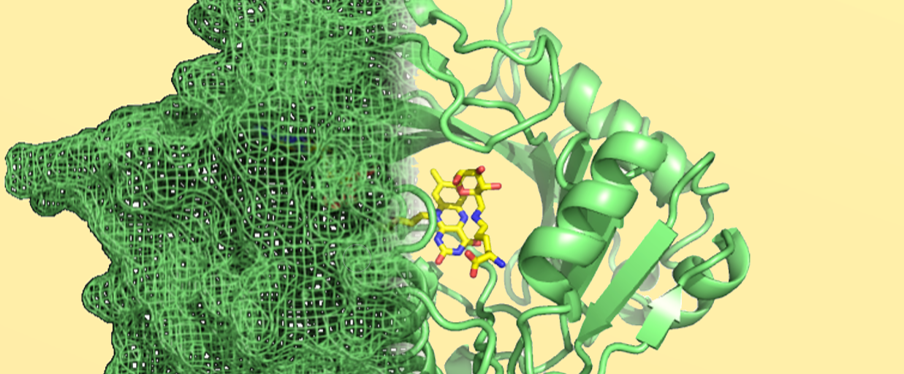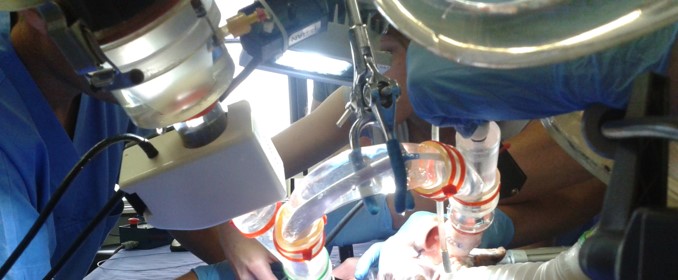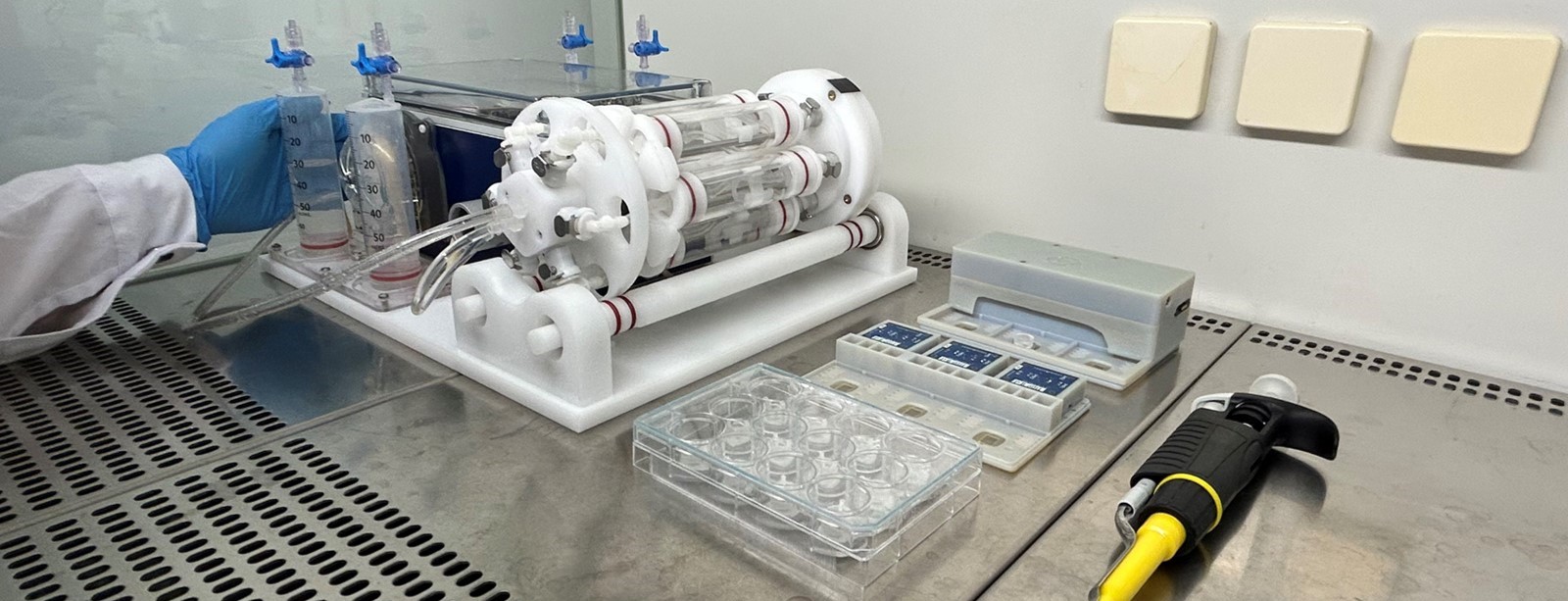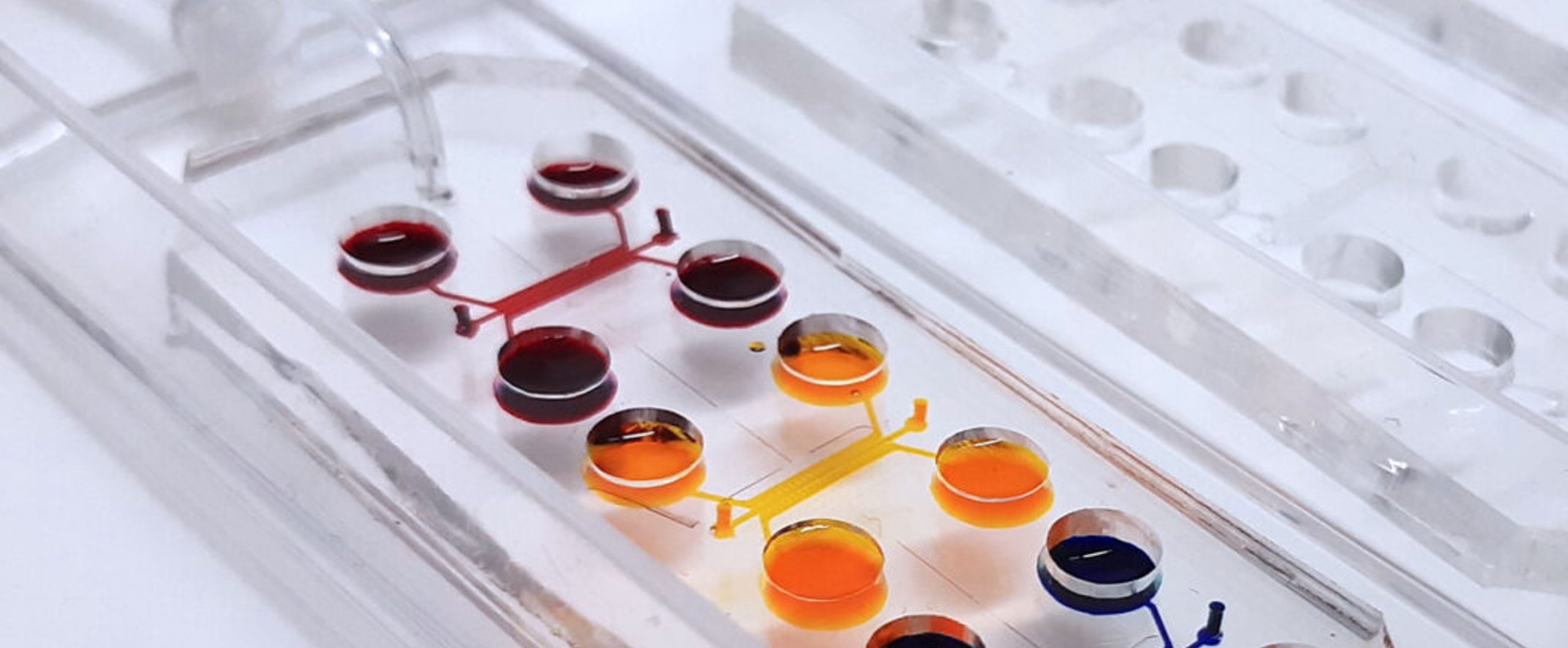The Biomechanics Group of the Department of Electronics, Information and Bioengineering (DEIB) of Politecnico di Milano consists of about 23 research fellows including permanent staff, post-docs, and PhD students, whose activities cover the fields of computer modeling at different length-scales, microfluidics and organs-on-chip, new materials from circular economy, and tissue engineering. The research facilities of the Group are articulated in five laboratories at Politecnico premises and two laboratories located within two of the major hospitals in the Milan area, i.e., Policlinico di Milano Ospedale Maggiore and IRCCS Policlinico San Donato, where activities are carried out in the tightest collaboration with the hosting institutions and their clinicians. The group benefits from being part of Politecnico di Milano, which is the largest Technical University in Italy with over 40,000 students in Engineering, Architecture, and Industrial Design. Politecnico is also the Italian Technical University with the highest position in the international rankings. Of note, the Bioengineering division at DEIB is one of the largest in Europe, with a faculty staff of 35 people and an overall research staff of 100 fellows. The Bioengineering division coordinates the Bachelor and Master programs and the PhD School in Biomedical Engineering.






